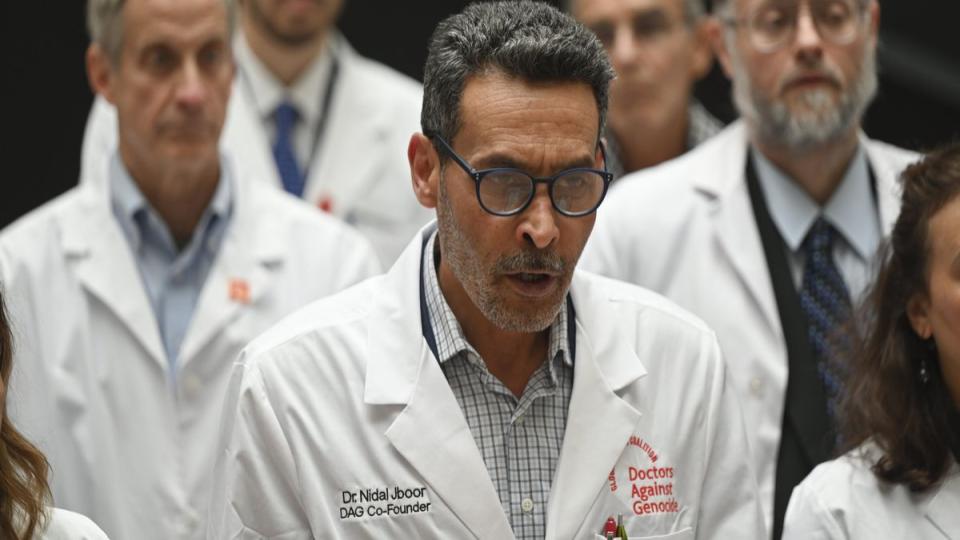First unmanned mission, part of Gaganyaan this December: ISRO
Thu 23 Jan 2020, 12:12:01
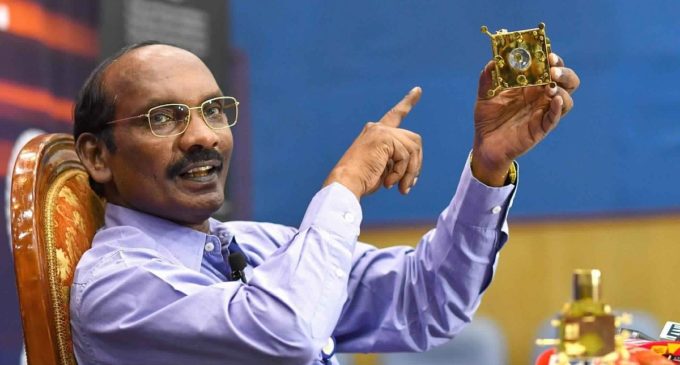
Bengaluru: Ahead of the launch of India's maiden human spaceflight venture 'Gaganyaan' in December 2021, the ISRO will undertake two unmanned missions in December 2020 and June 2021, its chairman K Sivan said on Wednesday.
Addressing the inaugural session of a symposium on "Human Spaceflight and Exploration - Present Challenges and Future Trends," Sivan said the Gaganyaan mission not only aims at India's maiden human flight to space but also setting up a new space station for 'continuous space human presence.'
"We are doing all this (Gaganyaan) on three points - short term plan of two unmanned mission in December 2020 and June 2021, followed by human space flight demonstration in December 2021.
"We have the mid-term goal of sustaining the human space programme and continuous space human presence in space on a new space station", he said.
In this regard, the ISRO has initiated a full-fledged astronaut training facility in close proximity to Bengaluru for meeting its future requirements.
It is also in talks with NASA and other space agencies and industries on how it can collaborate on human space flight and learn from their experience.
The Gaganyaan will also assist in ISRO's long term goal of inter-planetary mission.
"Inter-planetary mission is also on the agenda in the long term," the ISRO chief said.
On the Gaganyaan mission, Sivan said the space agency has already developed and demonstrated key technologies such as having an operational launcher with 10-tonne playload capability to lower orbit, demonstration of mission design
and management and recovery system like space qualified parachutes.
and management and recovery system like space qualified parachutes.
"The only missing elements were human life science and life support system, which we are developing now," he said.
ISRO, Sivan said has taken onboard many national labs, academic institutions, DRDO labs, Indian Air Force, CSIR lab as well as many industries as stakeholders for the Gaganyaan programme.
Noting that four astronauts have been selected from a pool of Indian Air Force test pilots, Sivan said the generic space flight training will commence in India shortly.
Later, speaking reporters, Sivan said the number of astronauts going to the space will be decided towards the end of the project.
"In the first mission people will be very cautious.
So, how many people will go and how many days they will be there in the first mission - that will be decided much later," he added.
Sivan refused to share the details about the astronauts selected for the mission.
"At the right time that will be known to the outside people," he added.
Along with the humanoid, micro gravity experiment will also fly in this unmanned mission in December 2020, he said.
A mission specific training will be carried out in India using a host of simulators and other facilities near Bengaluru, he added.
On the Chandrayaan-3 mission, the ISRO Chairman said the work has started and it is going on in full steam.
It may be launched in the beginning of next year.
No Comments For This Post, Be first to write a Comment.
Most viewed from National
Most viewed from World
AIMIM News
Delhi Assembly polls: Owaisi leads Padyatra in Okhla
Feb 01, 2025
We reject this Waqf Amendment Bill: Asaduddin Owaisi
Jan 30, 2025
Latest Urdu News
Most Viewed
May 26, 2020
Which team will win the ICC Men's Champions Trophy 2025 held in Pakistan/Dubai?
Latest Videos View All
Like Us
Home
About Us
Advertise With Us
All Polls
Epaper Archives
Privacy Policy
Contact Us
Download Etemaad App
© 2025 Etemaad Daily News, All Rights Reserved.

.jpg)
.jpg)
.jpg)
.jpg)
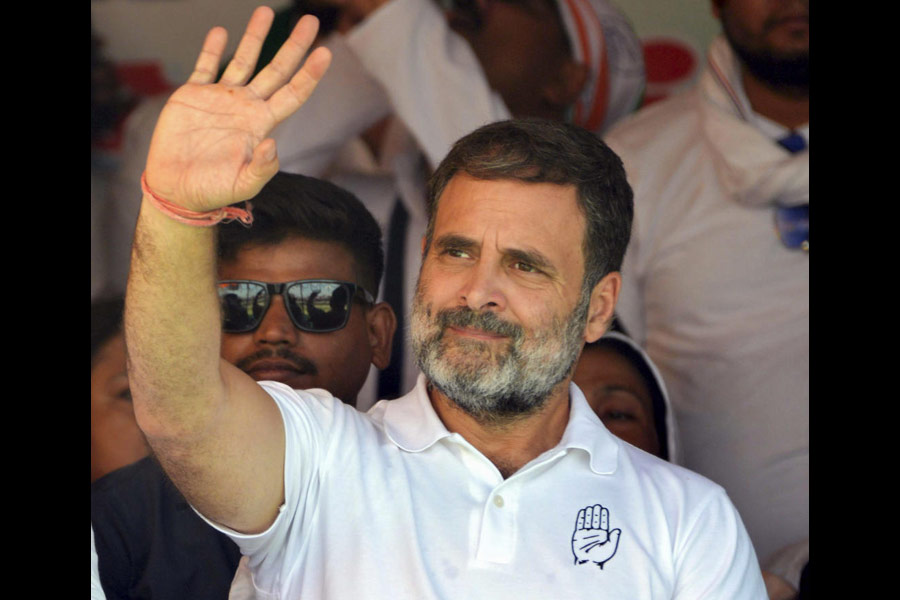
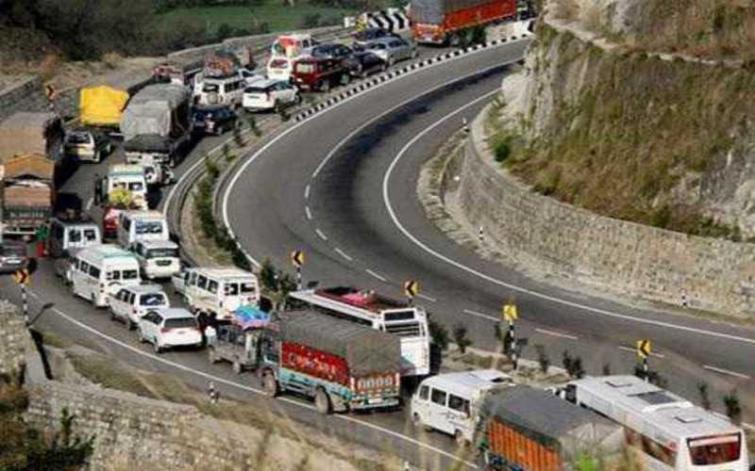

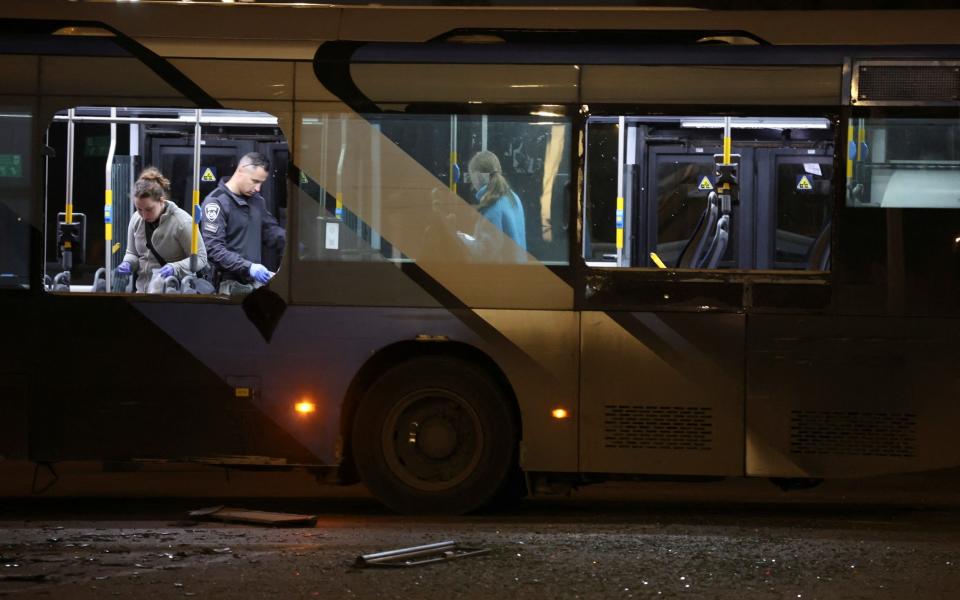


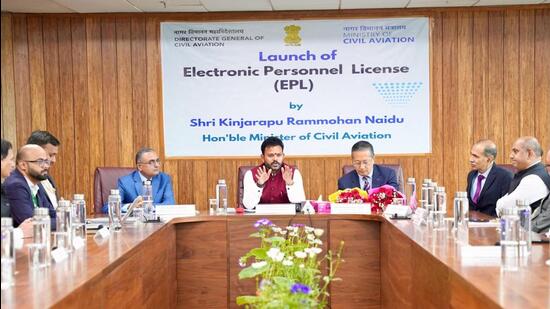
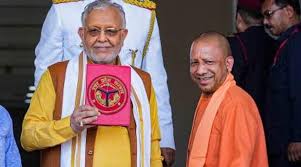
.jpg)
.jpg)
.jpg)
.jpg)
.jpg)
.jpg)
.jpg)
.jpg)
.jpg)
.jpg)
